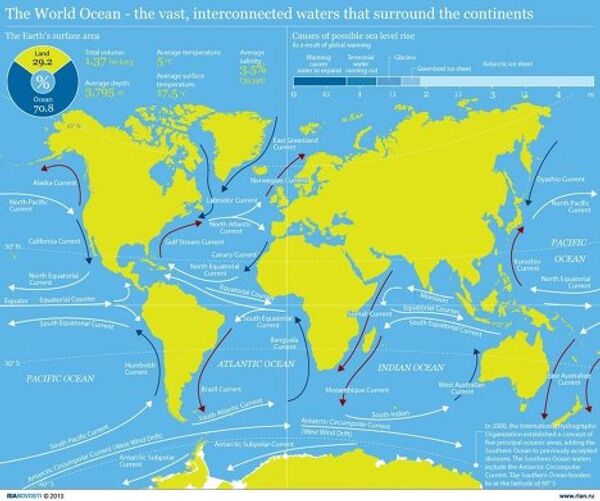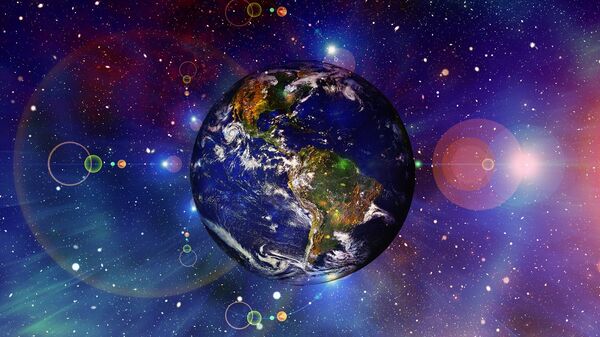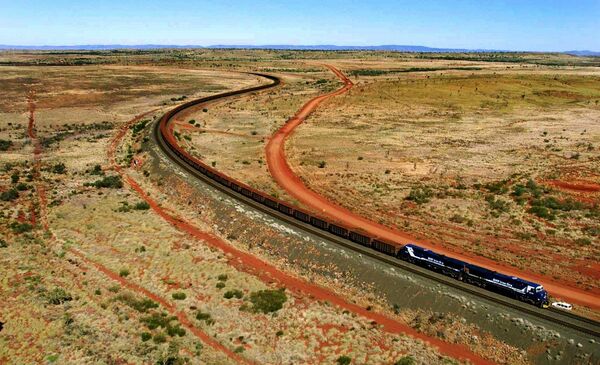New research suggests that early Earth could have been a “waterworld” with little or no landmass in sight.
The study, entitled “Limited Archaean continental emergence reflected in an early Archaean 18O-enriched ocean”, published on 2 March in Nature Geoscience, suggests that the surface of Earth was likely blanketed by a global ocean some 3.2 billion years ago.
According to Boswell Wing, an associate professor in the Department of Geological Sciences at the University of Colorado Boulder and coauthor of the research, the results of the study could be conducive to revealing the secrets of how and where single-cell organisms first emerged on Earth, in freshwater ponds on landmasses, or in salty seas.
"The history of life on Earth tracks available niches… If you've got a waterworld, a world covered by ocean, then dry niches are just not going to be available."
The team involved in the research were trying to solve the riddle of our planet’s temperature in its early years when the revelations were made. All previous studies on whether Earth was warmer or cooler when life first sprang into being have been inconclusive.
"There was seemingly no way forward on that debate… We thought that trying something different might be a good idea,” said lead co-author Benjamin Johnson, currently an assistant professor at Iowa State University.
The scientists studied rocks that used to be on the floor of ancient oceans, such as those found in the Panorama District of Pilbara region, Western Australia, as they retain the chemical history of the 3.2 billion-year-old seawater, including hydrothermal vents.
In particular, the experts were searching for two different "isotopes" of oxygen trapped in stone: a heavier atom called Oxygen-18 and a lighter one - Oxygen-16.
Once the teams had reconstructed a temperature profile of the area, the data pointed to slightly more oxygen-18 than expected: about 4 percent more than in today's relatively ice-free ocean.
A previous paper dated 2012 had also produced evidence of slightly higher-than-expected enrichment of oxygen-18 in the ancient oceans: 0.8 to 3.8 per cent.
"Though these mass differences seem small, they are super sensitive," said Wing.
After carrying out modelling, the researchers found that the ratios in rock samples could be attributed to a lack of continents.

"There's nothing in what we've done that says you can't have teeny, micro-continents sticking out of the oceans… We just don't think that there were global-scale formation of continental soils like we have today," emphasises Wing.
The next step in the follow-up research will be to investigate younger rock formations at sites from Arizona to South Africa to try and establish when the continents emerged, and were pushed out of the ocean by tectonic plates.





